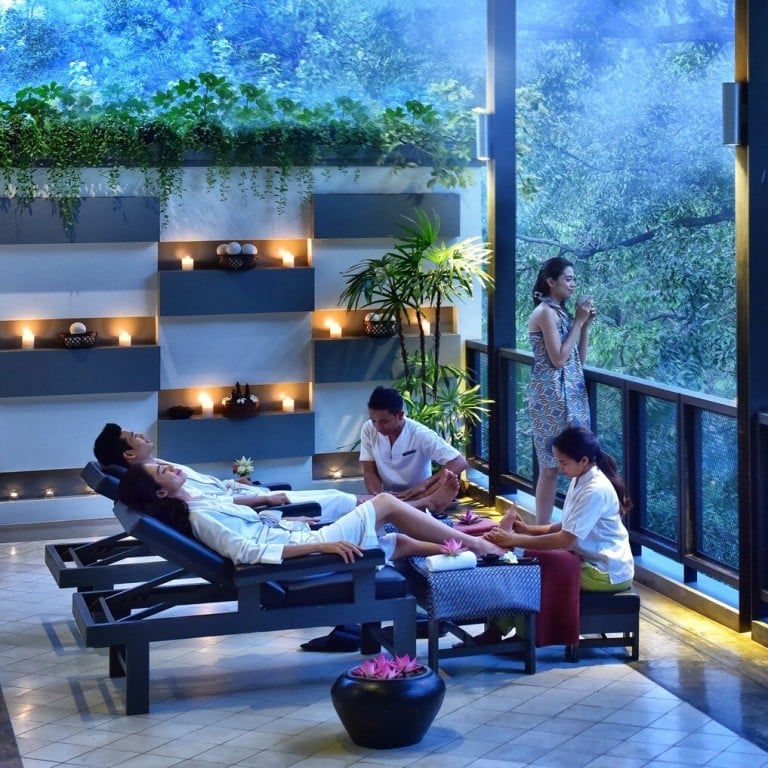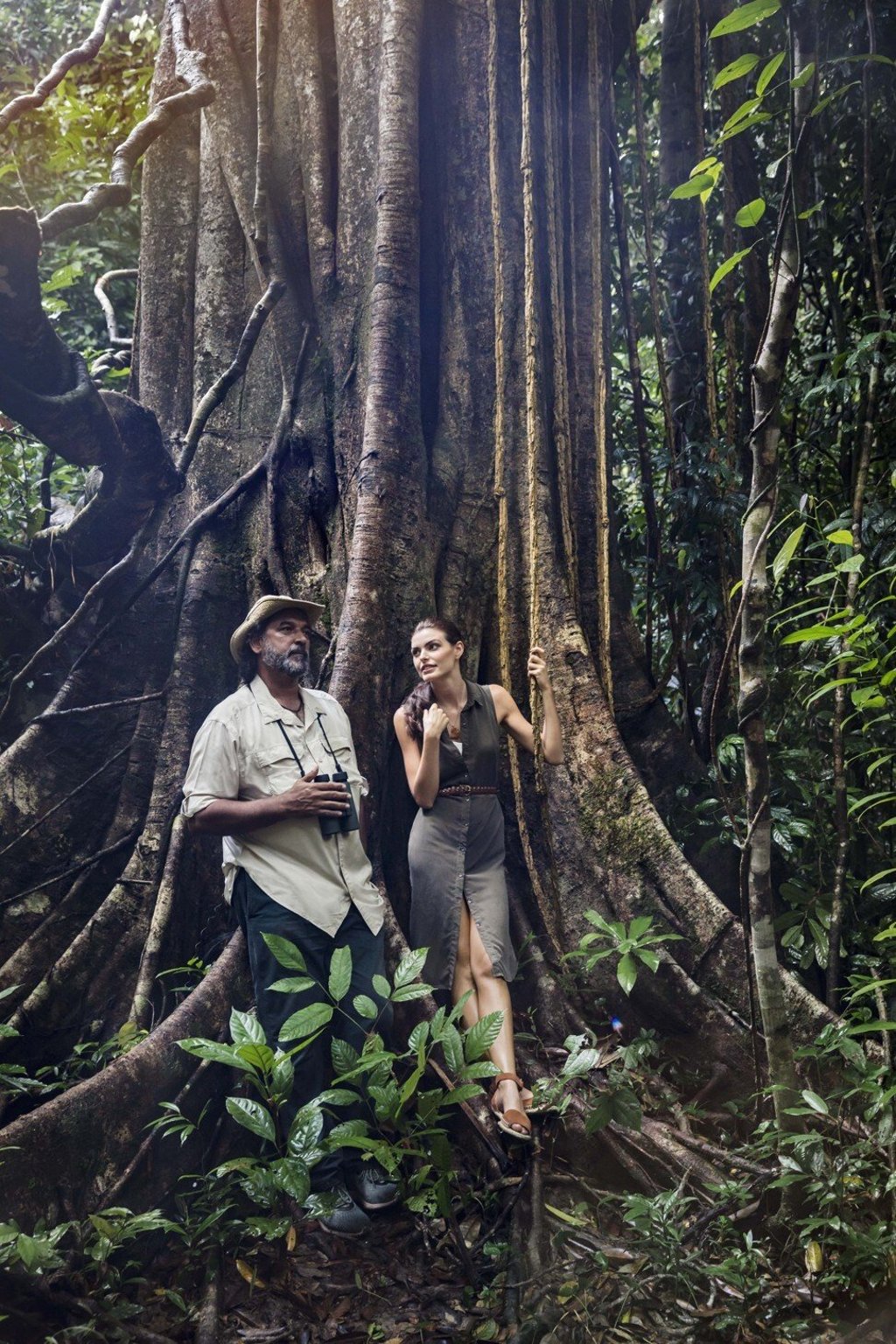What is ecotherapy and why are stressed-out millennials and Gen Z-ers booking into nature-focused spas, resorts and therapy centres

Kate Middleton popularised forest bathing – based on the Japanese practice known as shinrin-yoku – and holistic luxury resorts and hotels have been quick to embrace ecotherapy programmes like rainforest awakening walks and ocean appreciation
Ecotherapy – improving your mental and physical well-being by connecting with nature – is a fast-growing wellness trend. For those leading too busy, plugged-in lives, logging off and finding peace is appealing. Stressed-out souls are increasingly booking in at spas, resorts and therapy centres that offer a break from city life.
While many can personally attest to the positive effects of communing with nature, medical science is now confirming that spending time outside not only boosts feelings of wellness but also has significant, wide-ranging and measurable health benefits.
A 2018 report by the UK’s University of East Anglia, which gathered data from more than 140 studies involving more than 290 million people in 20 countries, revealed that exposure to green spaces reduces the risk of Type 2 diabetes, cardiovascular disease, premature death, preterm birth, stress and high blood pressure.
Hong Kong-based psychotherapist Astrid Merkt recounts a long list of mental and emotional benefits, including increased productivity, mental clarity and enhanced cognitive function; improved mood, emotional well-being and empathy; and higher satisfaction in life.

“Spending time outdoors leads to improved cognitive function in children with ADHD [attention deficit hyperactivity disorder] and learning disabilities, while just 20 to 30 minutes of sitting or walking in the open air surrounded by the ocean or trees [strengthens the immune system], reduces stress hormones, and can help with depression and anxiety,” she says.
The Japanese have long been aware of the boons that nature bestows. Shinrin-yoku, or forest bathing, was developed in the 1980s when studies showed that walks in the forest could reduce blood pressure, lower cortisol levels and improve concentration and memory. Chemicals released by trees and plants, called phytoncides, were found to boost the immune system. The Japanese government went on to incorporate shinrin-yoku into the country’s health programme.
